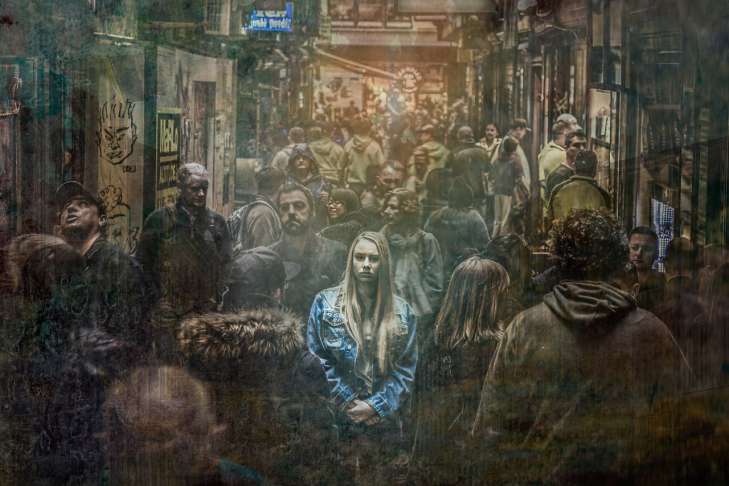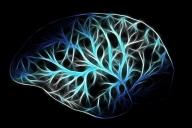Loneliness is the feeling that there is no one to talk to or spend time with.
How loneliness affects mental health
Loneliness can be experienced, for example, as an anxious pressure in the chest, emptiness or rejection - “I don’t belong to any group.”
The following feelings and experiences are associated with loneliness: unworthiness.
As a psychogenic factor, loneliness affects the human psyche and causes the appearance of acute emotional reactions (including painful experiences, anxiety, depression, depersonalization, hallucinations), changes in consciousness and self-awareness, individual and personal characteristics of a person.
Loneliness increases the risk of premature death by almost 30 percent, with the report saying people with poor social connections also have an increased risk of stroke and heart disease.

Isolation also increases the likelihood of developing depression, anxiety and dementia.
What happens to the brain when it's alone
Due to social isolation, brain neurons decrease in volume.
It is known that prolonged loneliness has a bad effect on the psyche: a person’s anxiety worsens, depression develops (which can lead to psychosis), memory and other cognitive skills deteriorate.
We previously talked about depression.









